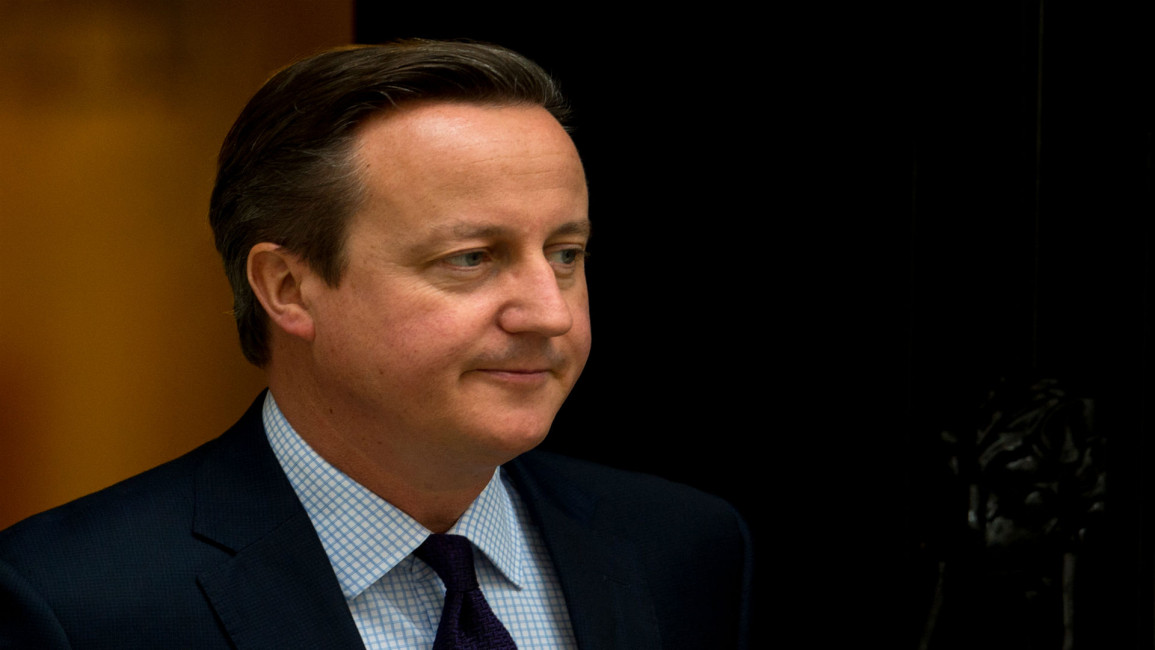Poll: Britons 'support' UN-backed airstrikes against IS
As many as 60 percent of Britons support the idea of British airstrikes against the Islamic State group (IS) and the deployment of troops as part of an international force, according to a ComRes poll commissioned by The Daily Mail and published on Thursday.
The poll reveals that only 24 percent of respondents oppose British airstrikes on IS, while 50 percent support the deployment of British troops to fight IS - while 31 percent oppose such a move.
Support for a potential ground deployment rises to 59 percent if the British troops were part of a coalition including France and the United States, and rises again to 68 percent if the military action was backed by the United Nations.
While the poll was conducted by an independent company, its results chime with the agenda of its Conservative-leaning publisher. The Daily Mail is noted in Britain for giving priority to stories decrying immigration, and has faced many accusations of racism.
| In 2013, British parliamentarians decisively rejected Cameron's bid to launch airstrikes in Syria |
Britain's Royal Air Force is taking part in airstrikes against IS positions conducted by the international coalition in Iraq, however Prime Minister David Cameron is attempting to secure the approval of parliament to expand British airstrikes to include targets in Syria.
In 2013, British parliamentarians decisively rejected Cameron's bid to launch airstrikes in Syria, but the prime minister is now believed to be in a stronger position following the deadly Paris attacks.
On Tuesday, Cameron told parliament that the Paris attacks had convinced him of the need to expand British airstrikes to include IS targets in Syria.
He said the UK faced an increased threat of terrorism and he wants to "do the right thing for the country" and "hit the head of the snake" in Raqqa, the self-proclaimed capital of IS "caliphate" in Syria.
The Paris attacks seem to have emboldened Cameron to seek a parliamentary vote on expanded airstrikes, after fearing a House of Commons defeat for months.
Meanwhile, Jeremy Corbyn, the leader of the opposition Labour Party has not changed his position that an expansion of UK military operations should be subject to the support of the international community and the UN.



